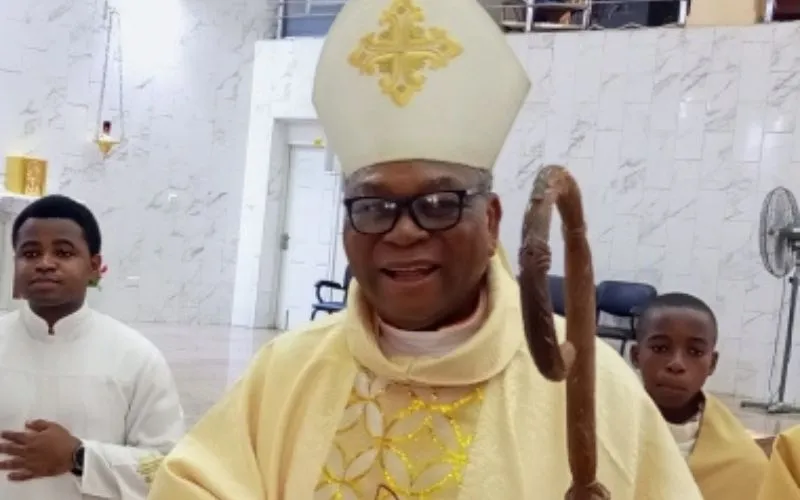“We are now being told that they have been released, but as you know, there are more questions that have not been answered. Were they rescued or did they pay ransom? Did those who captured them repent? Under what conditions? These things are begging for answers,” he told ACI Africa.
He continued, “If it is possible to release them without paying ransom, what is stopping the government to make sure that all those others who are still held in captivity are released? What's stopping them from going around and just releasing all of them the same way?”
“Until the government finds a way of, first of all, releasing all those who are in captivity and then stop kidnapping from happening, it is difficult to start rejoicing at what's happening,” Cardinal Onaiyekan emphasized.
Referring to the seeming inability of the security agencies in Africa’s most populous nation to track kidnappers and other criminals using digital technology, he went on to pose, “How can over two hundred school children be kidnapped and nobody saw them? Did they trek into the bushes? Did they use cars and if yes, how many? And why is it that no security saw the movement of this large number of people?”
“The only thing I can say about this is that all those talk about Bank Verification Number (BVN) and all those data collection in Nigeria are all fake. If they are not fake, then they should be operating,” the Nigerian Catholic Church leader, who started his Episcopal Ministry in January 1983 as Auxiliary Bishop of Nigeria’s Ilorin Diocese said.
He continued, “The Government has called out the citizens several times to collect data. We have done the Subscriber Identification Module (SIM) which every phone user has to register. But kidnappers still use mobile phones to call the relatives of their victims and the law enforcement agencies say they don’t know where they are. They're just spending money and pretending.”
“The simple solution to all this is a national ID card where every Nigerian gets his/her ID card with an ID number. You don't need anything else. You don't need a passport. You don't need a driver's license. You don't need any other identification to go and vote. That's what happens in other countries,” he said.
The Cardinal lamented, “We have been on it for 20 to 30 years. And instead of getting the National ID project right, they will start another project while abandoning the previous one.”
“The truth, we're not able to tell. And therefore, we don't behave according to the truth. That's what we often call corruption, leading to rigged elections. And things can't work like that.” Cardinal Onaiyekan said.
According to him, “Only God is saving us; and we pray that God will save us.”








